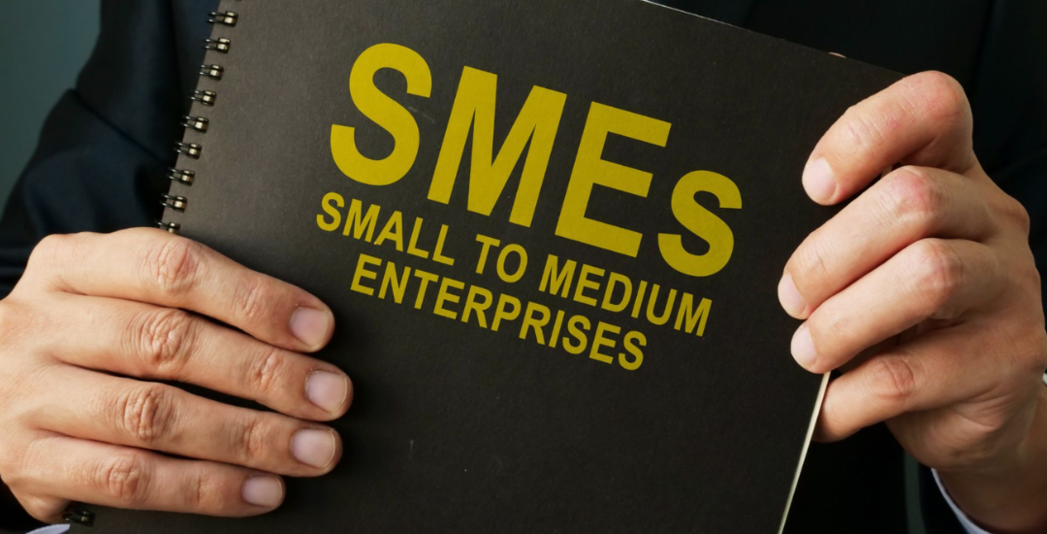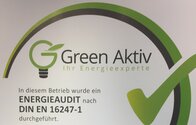We love the German mid-sized sector (SMEs) and are very proud to be part of it.
We could conclude the post at this point because everything has been said. However, we believe it's important to go deeper and express what exactly we appreciate about mid-sized sector.
The Viessmann case:
The pressure of the shock wave created by the sale of Viessmann abroad and the perception of a sellout of German medium-sized companies continues to have an impact.
There was a lot of discussion. We have appreciated the debates that have been conducted with a deeper knowledge. Those who rushed to judgement were often left with shallow arguments. As always, it is necessary to look deeper to really understand what is behind the deal.
We still don't have precise information, and there is a general lack of facts and the economic consequences for us all are not yet known. It remains unclear whether the Vissmann case will lead to significant loss of know-how, economic power and future security.
The only thing they seem to be certain is that the owners of Vissmann have not acted neither quickly nor hastily. We are convinced that the reason for the decision is primarily to be found in the search for global competitiveness. For the future of the companies and their employees, it is essential to precisely understand their own international market.
In Vissmann's case, it is very likely that the company is operating in a mass market with its heat pumps. Demand for these products will be so great that potential competitors, for example from China, will flood the German market with very low prices. At least in Germany, Vissmann would then fear a more difficult competitive situation. We therefore consider selling this division at a high price at this time as a clever move, not least to strengthen the company's innovative capacity.
International networking as a strategy in the niche
We also have an explicit international focus and are increasingly networking in global markets. At the moment, however, we operate in a niche. BOMAFA India supplies standard valves and, to a greater extent, low-pressure control valves. BOMAFA Germany manufactures the more complex high pressure valves. The actuator technology also comes from Bochum, and quality assurance takes place in Germany.
Our competitiveness is based on international cooperation within the BOMAFA Group. This means that we are developing BOMAFA India into an internal competitor. However, as a member of the BOMAFA Group, the team from India also helps us to strengthen our competitiveness in larger projects.
The difference between niche and mass markets is crucial. In the niche market, BOMAFA can remain a medium-sized company if we exploit our opportunities internationally. In the mass market, however, size is a decisive advantage.
Family companies decide differently
On the basis of the Vissmann case, a second question can be discussed: How deliberately did the owners of Vissmann act?
Since we do not know this for sure either, we would like to take up the lances here.
At least 94% of German medium-sized companies are family businesses. This means that the families and their management teams make the decisions that affect the business. Family businesses often manage to extend the concept of family to their employees as well. When the next generation's daughter or son has spent their afternoons in the production hall and everyone still uses their nicknames, a sense of belonging and community is developed. Often, they live in the same city. Whether it's kindergarten, a soccer club, or a jogging route, life paths intertwine.
Not least because of this, there is a weight of responsibility that is usually felt as a force, but sometimes as a load. Whether it is a push or a pull, they come in cycles, certainly and often with force.
It is in these situations that a balance has to be found between short-term constraints and long-term decisions.
The decision to convert the vehicle fleet to electric cars, for example, is an important long-term signal. It's what we want, it makes sense in many ways. But now everyone had understood how well spontaneity and unconventional solutions go down with our customers. „We’ll make it happen, and drop off the part you need for a moment!" However, limited range or longer recharging times for e-cars do not fit with this level of service. Short-term constraints versus long-term decisions! We will find a solution here too - SMEs are creative!
Short-term decision and long-term goals
For those who want to make better long-term decisions, it requires time and resources to evaluate them. And it requires the conviction to stand up to short-term pressures.
There are many more examples. Investments in trainees, investments in sustainability - clearly too late - but a start has to be made, digitalisation, IT security and succession. The responsibility towards employees, the lack of skilled workers, succeeding in niche markets, Positioning for the future, now AI is coming.
We love the SMEs. Because it is where all these things are negotiated, never lightly and certainly not stubbornly.
There will always be issues where we are better or not quite as good. But at BOMAFA we are sure that we want to listen to the younger, the older, the faster and also those who are different. Flexibility means staying open, but it also means looking at new markets.
Cheers to the innovative mid-sized Sector. Not everything is round, but the sharp corners are long gone.


